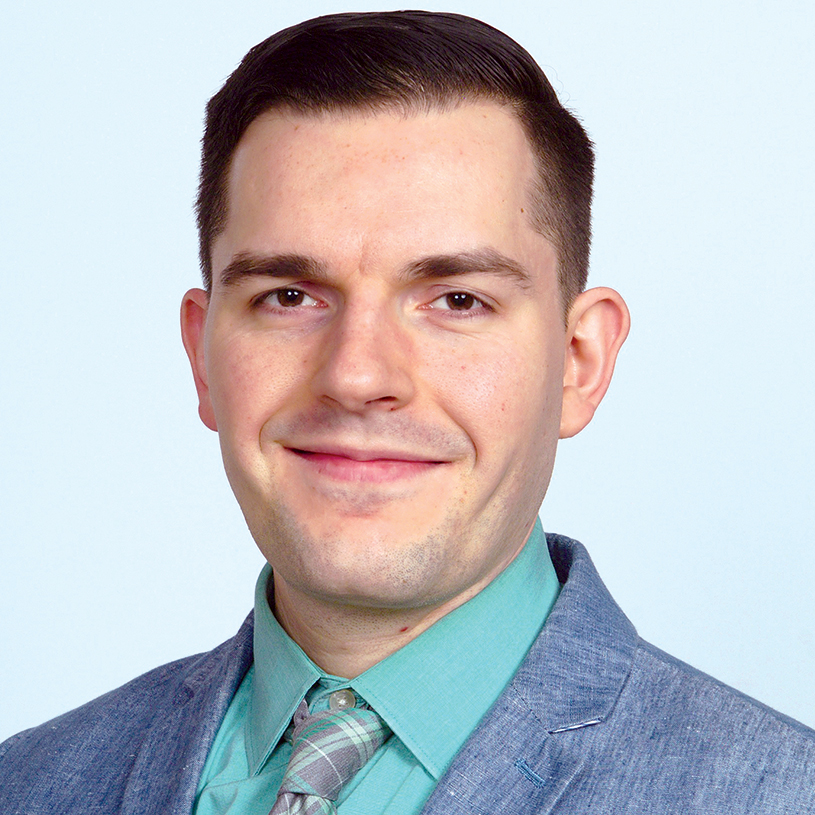
I’ll admit that accountable care organizations are not my favorite topic in the world.
They’re big, they’re complicated, they involve a lot of super-smart people trying to figure out how to deliver care in a better fashion. Yes, maybe they’re a little bit boring to some, but man are they important. Completely ignore the hospital down the street that is forming an ACO, and you’re liable to get left out in the cold when every referral in town starts going to your fiercest competitor.
Heck, you know this stuff is complicated when a 227-page rule drops in December and some of the sharper minds in medicine say that two months isn’t enough time to digest this stuff and have the conversations needed (as McKnight’s reported last week). As experts shared with us, ACOs often partner with several different types of provider groups, including SNFs, physician practices and hospitals, and need to get all of their ducks in a row before submitting applications in February. This certainly takes a lot of time, and given the immense complexities of the behemoth rule, some ACOs are still examining who to even partner with.
I spent some time with some folks last week to try and gather a few juicy tidbits for those who are curious. One such skilled nursing provider that’s already jumped into the ACO fray is Kennett Square, PA-based Genesis Healthcare, which operates about 400 SNFs in 30 states. Richard Feifer, M.D., the chief medical officer of both Genesis and its Medicare Shared Savings Program ACO, said SNFs who want to take part are going to need to re-engineer their care processes and cultures, to help strive toward reducing avoidable hospital transfers.
He urged providers to develop onsite capabilities, allowing them to evaluate and treat patients with minor changes in condition, in ways that don’t overly rely on hospitals’ emergency departments. SNF leaders also must focus on skilled length of stay for short-term patients, providing what’s necessary to help them be discharged into less expensive sites of care, which may include home health or outpatient rehab.
“My advice to SNF operators is to pay careful attention to what their community ACOs need,” Feifer told McKnight’s. “To miss this could jeopardize their referral stream and census.”
Commenting on recent guidance from CMS, Feifer said the SNF three-day waiver will present opportunities to leverage lower-cost sites of care, such as the nursing facility, rather than acute-care hospitals. However, one missed opportunity in the rule was the exclusion of long-stay patients from the waiver, “preserving the undesirable financial incentive” for facilities to hospitalize patients in order to qualify for skilled levels of nursing care.
Another missed opportunity is CMS’ failure to give more detail on the outcomes of nursing home residents assigned to ACOs, said Cynthia Morton, executive vice president of the National Association for the Support of Long Term Care. There are dozens of outcome measures for SNF patients in traditional fee-for-service Medicare, but what about those in accountable-care arrangements? She thinks stakeholders should be able to study that information in a public database, similar to Nursing Home Compare.
“ACOs take on risk and in return get to waive the three-day stay and can run utilization management on their patients, which in some cases almost dictate exactly what type of care the patient receives,” Morton said. “The public needs to be able to see what the outcomes are on those patients.”
Mara McDermott, with McDermott + Consulting, urges SNFs to educate themselves about this rule and industry’s overall shift toward performance-based risk. She said market-by-market conversations are likely in different places, “but education is the best preparation at the moment.” She recommends that SNFs closely watch the “transformation space” or risk getting left in the dust.
“While the parties may disagree about how we get there, there is bipartisan support for the idea of payment transformation in Washington, D.C.,” she told me. “So, yes, I think [SNFs] will be left behind if they do not make a plan.”
Health Dimension Group’s Brian Ellsworth similarly urges nursing homes to start having conversations with their local Medicare ACOs or health systems and seeing what their thinking is on shared savings.
“They have a short timeframe to make decisions about what to do next so the conversations need to be now,” he said.
It’s certain that SNFs must make sure that they’ve clearly defined their value proposition, in terms of how they can be an efficient, high-quality partners in population health management. Take it from Ellsworth, and the rest of the experts.
Follow Staff Writer Marty Stempniak @MStempniak.



